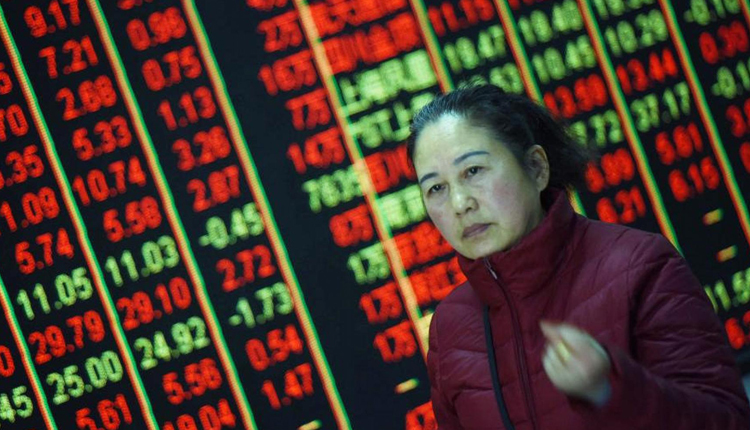Asia Pacific markets mostly rose on Monday as major Chinese indexes leaped more than 4.5 percent.
The Shanghai composite added 4.62 percent in the afternoon session, on track for its best day since it gained 4.26 percent in March 2016, according to Chinese financial data provider Wind Information.
Elsewhere, the Shenzhen composite gained 5.349 percent.
The moves followed Friday’s rally in Chinese stocks as authorities took steps to support the market after the release of weaker-than-expected GDP data.
One market observer, however, voiced skepticism over the recent rally in mainland Chinese stocks.
“Eventually, at the end of the day, fundamentals will still rule,” Vasu Menon, vice president of group wealth management at OCBC Bank told CNBC’s “Street Signs” on Monday morning.
Menon pointed out there were lingering concerns over Beijing’s trade war with Washington. “It doesn’t look like it’s going to end anytime soon,” he said.
“You see a rebound today, but does it mean that the markets have turned a corner and you know, will hit higher? I’m not sure. I don’t think so,” Menon said.
In Japan, the Nikkei 225 erased earlier losses to trade up 0.36 percent while the Topix index gained 0.14 percent. South Korea’s Kospi gained 0.12 percent. In Hong Kong, the Hang Seng index rose 2.4 percent.
Down Under, the benchmark ASX 200 retraced some of its earlier losses but still traded down 0.64 percent amid fresh uncertainties in the country’s political outlook. Most sectors traded lower, with the heavily weighted financials subindex down 1.01 percent while the energy sector declined 0.77 percent.
The Australian dollar traded at $0.7112 in the afternoon session, weakening from an earlier high of $0.7126.
Australian Prime Minister Scott Morrison will meet with independent lawmakers as early as Monday to try and shore up support for his government, according to Reuters.
The ruling Liberal Party saw a 20 percent swing against it at a crucial by-election in Sydney and is poised to lose its one seat parliamentary majority, the news wire said. That would leave Morrison’s government reliant on support of five independent lawmakers to survive.
“It will increase market conviction that as and when the next election does occur (no later than May 2019) it is likely to produce a change of government,” Ray Attrill, head of foreign-exchange strategy at the National Australia Bank, wrote in a morning note.
Currencies and oil
The U.S. dollar index, which tracks the greenback against a basket of its peers, traded at 95.663 in the afternoon, strengthening from levels below 95.500 in the previous week.
The Japanese yen was at 112.59 against the dollar, weakening from levels below 112.2 last week.
Elsewhere, oil prices gained Monday afternoon. Global benchmark Brent traded 0.21 percent higher at $79.95 per barrel while the U.S. crude futures traded up 0.3 percent at $69.33.
Source: CNBC


